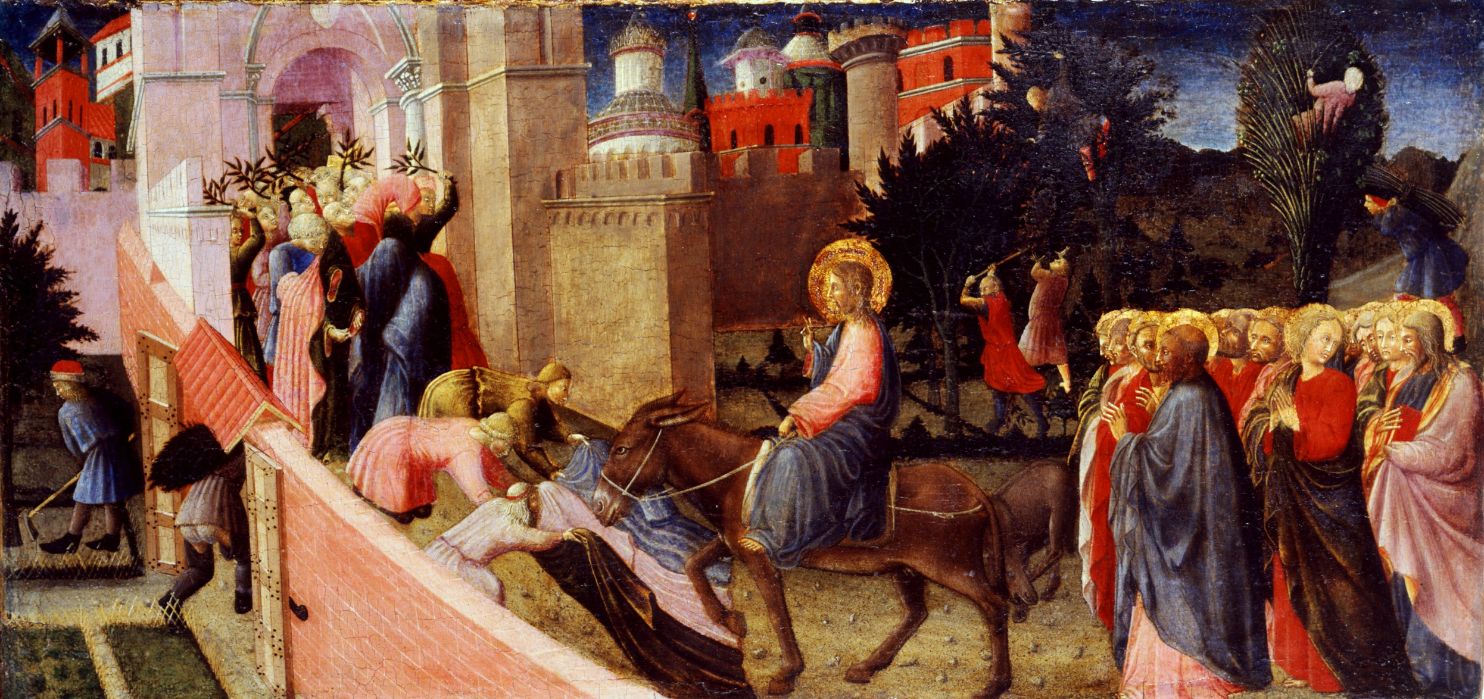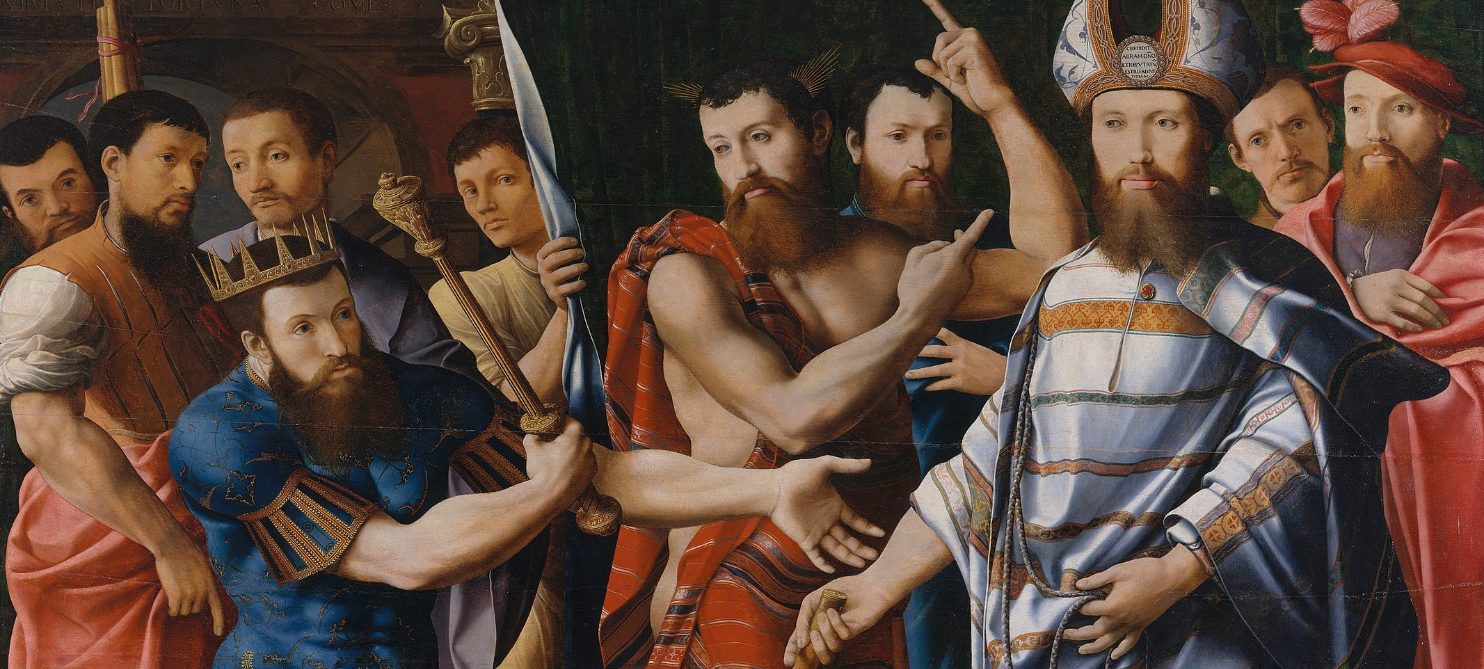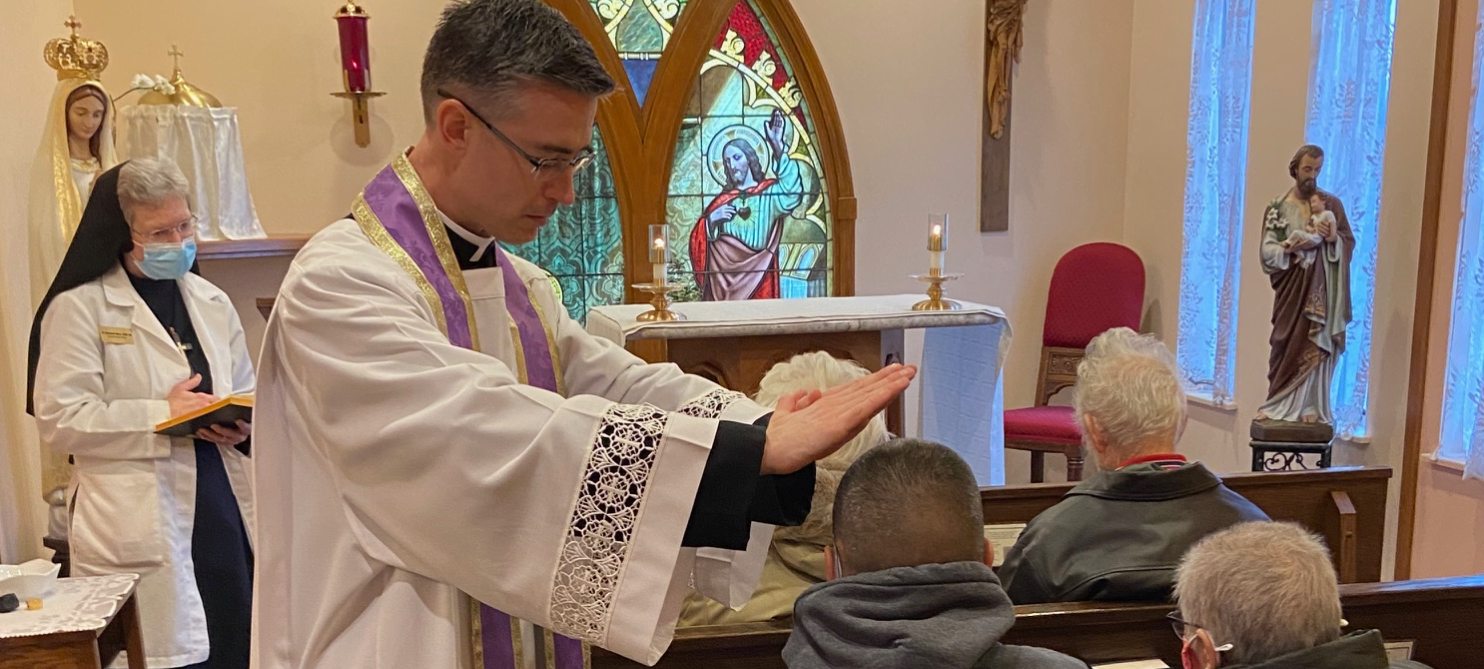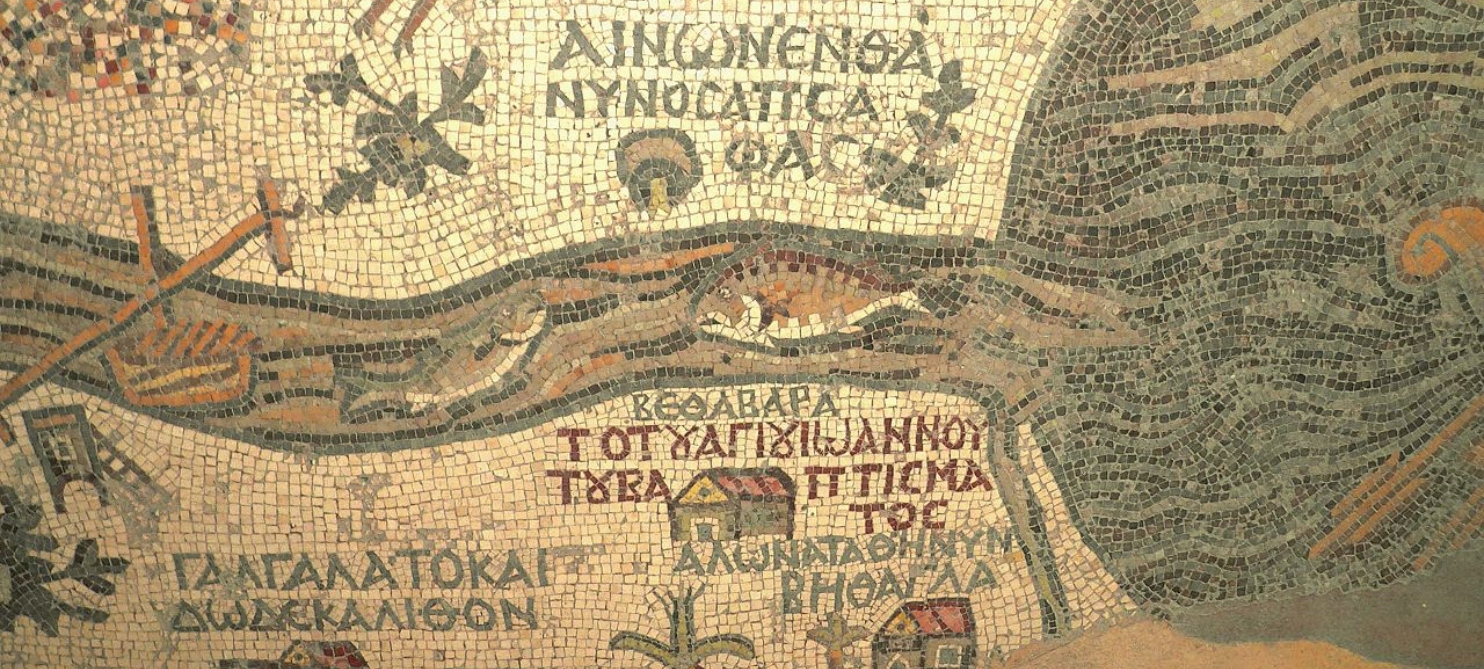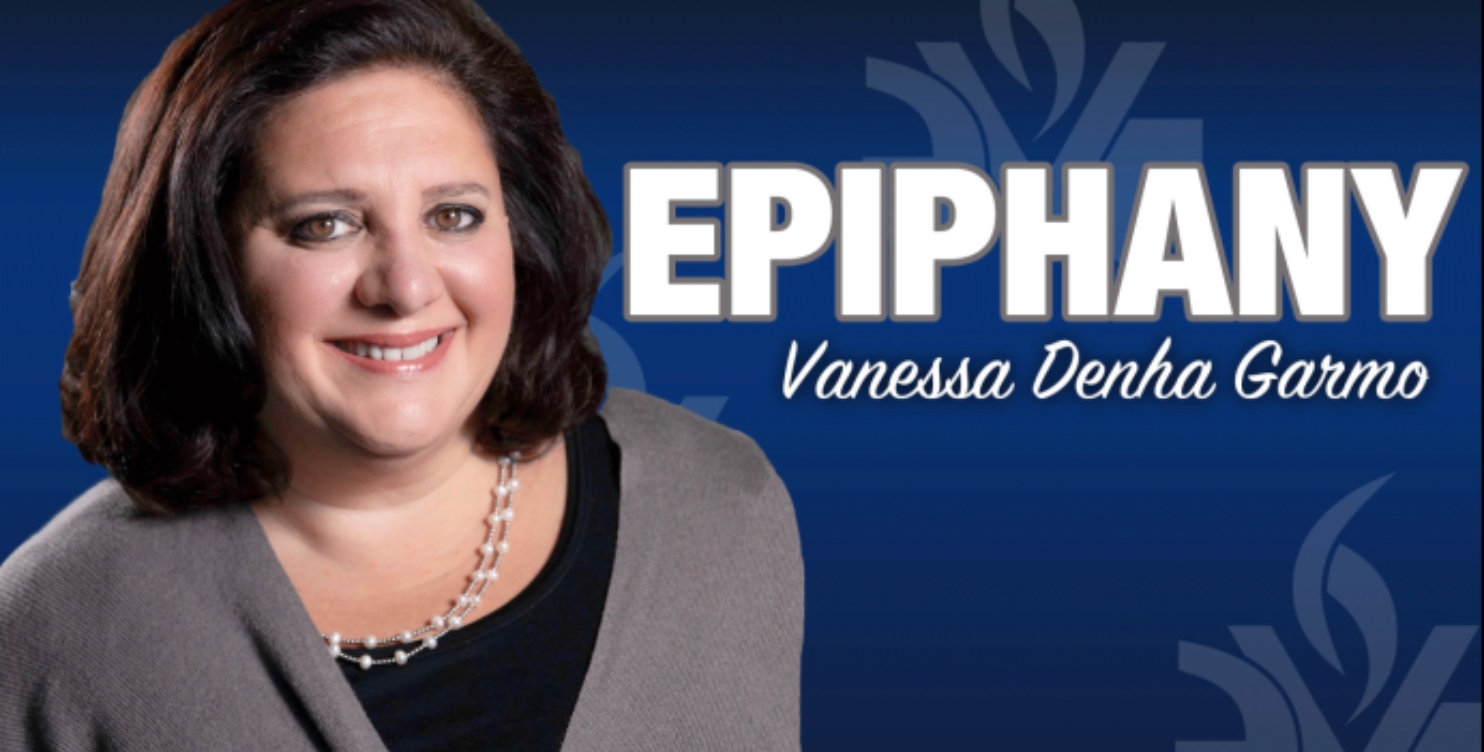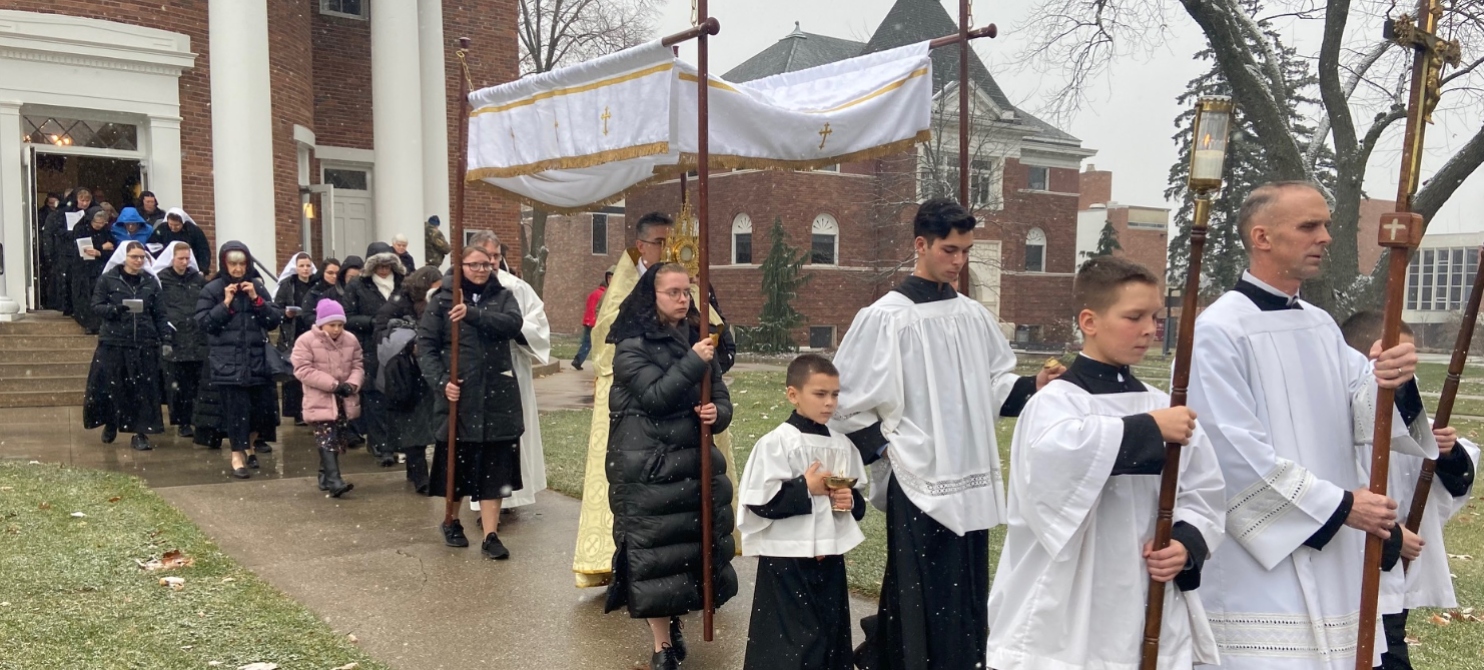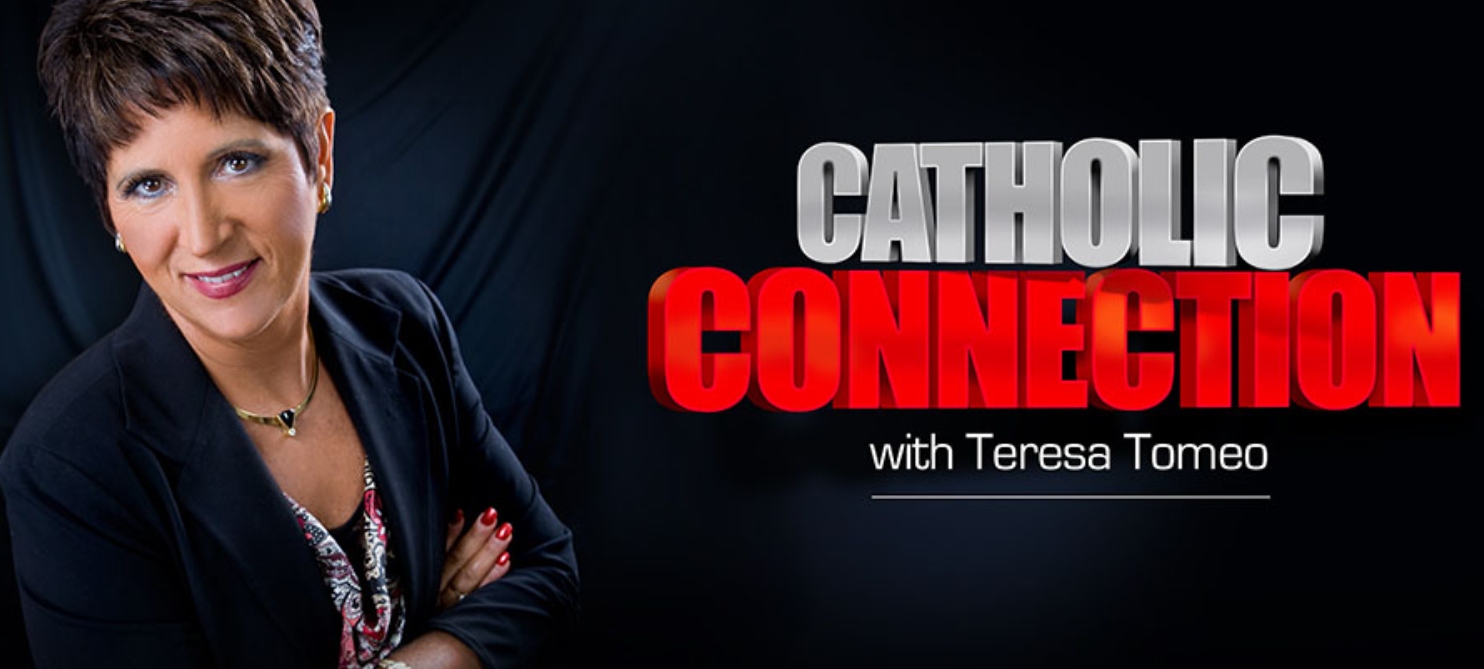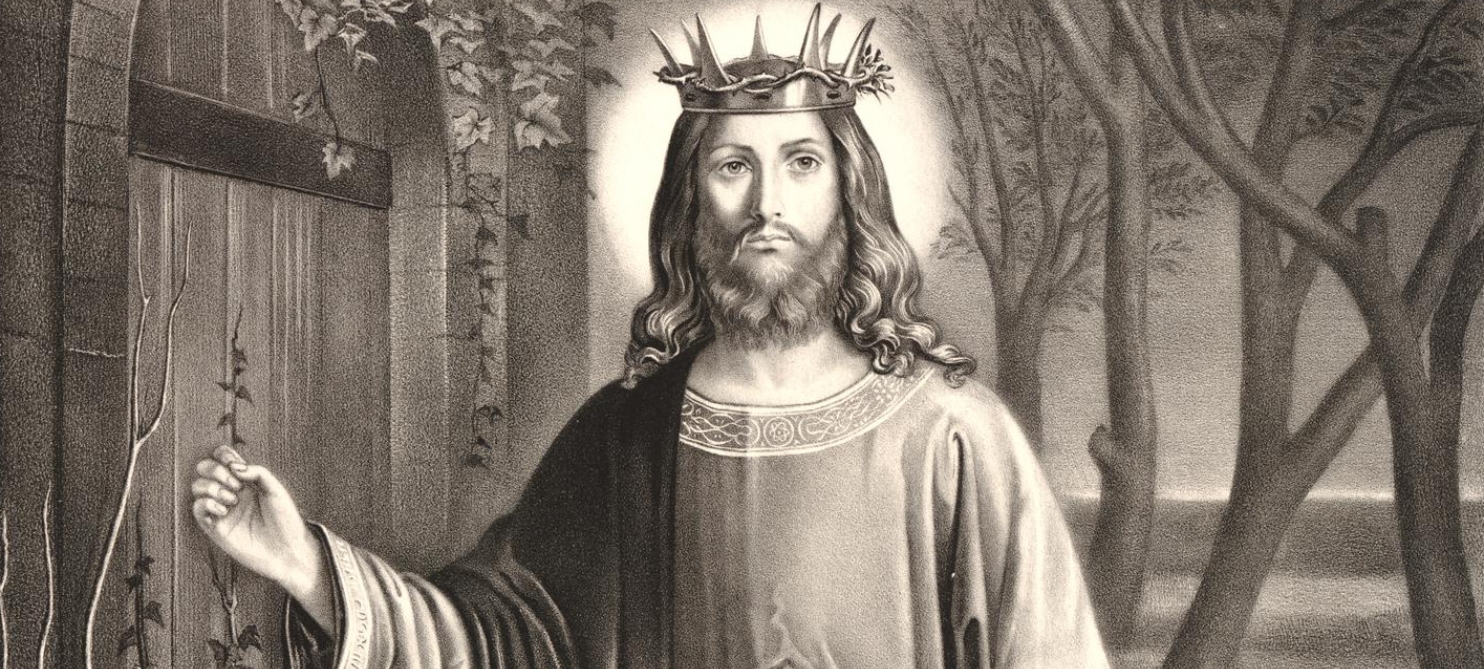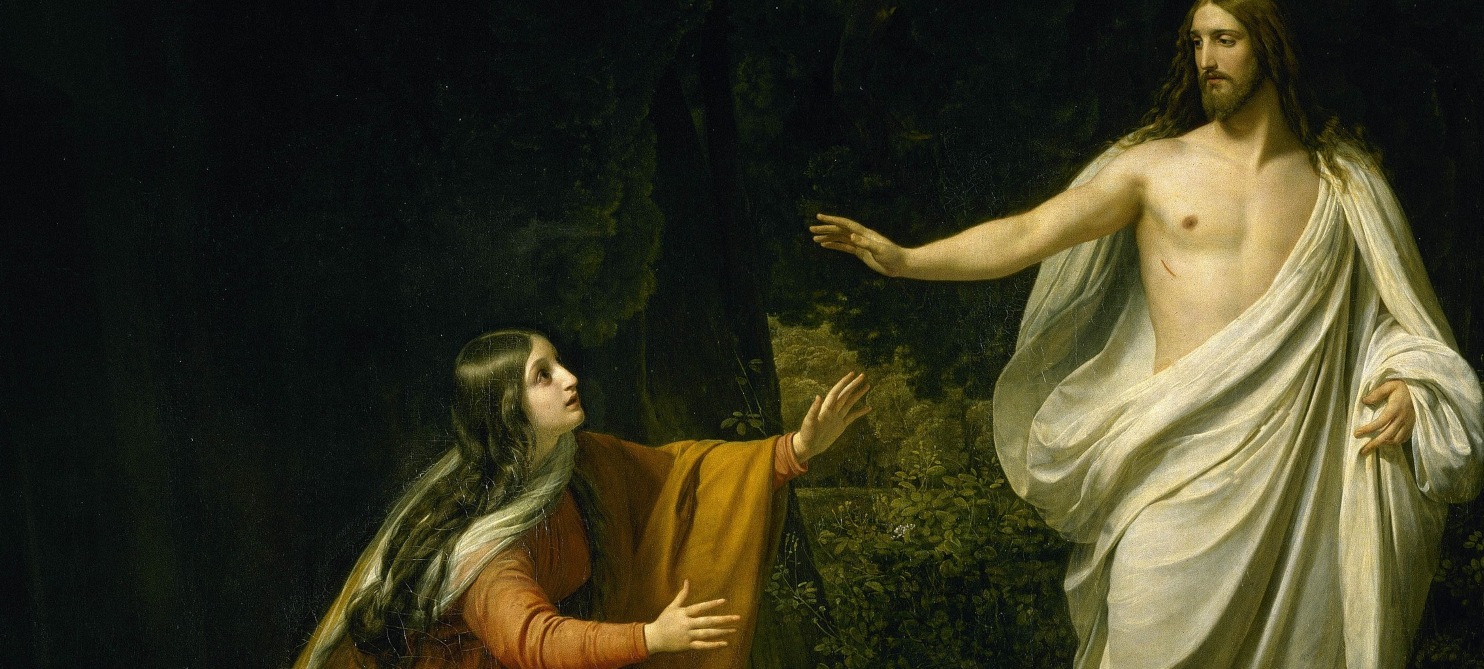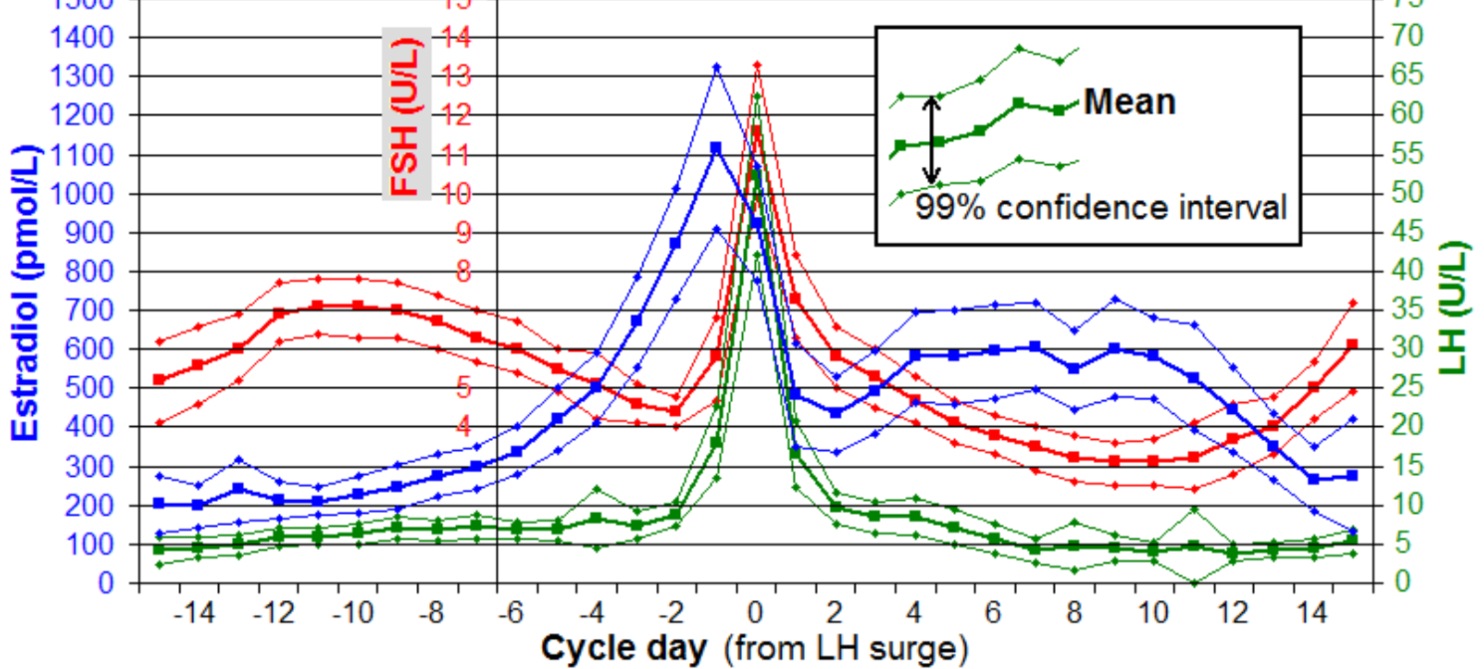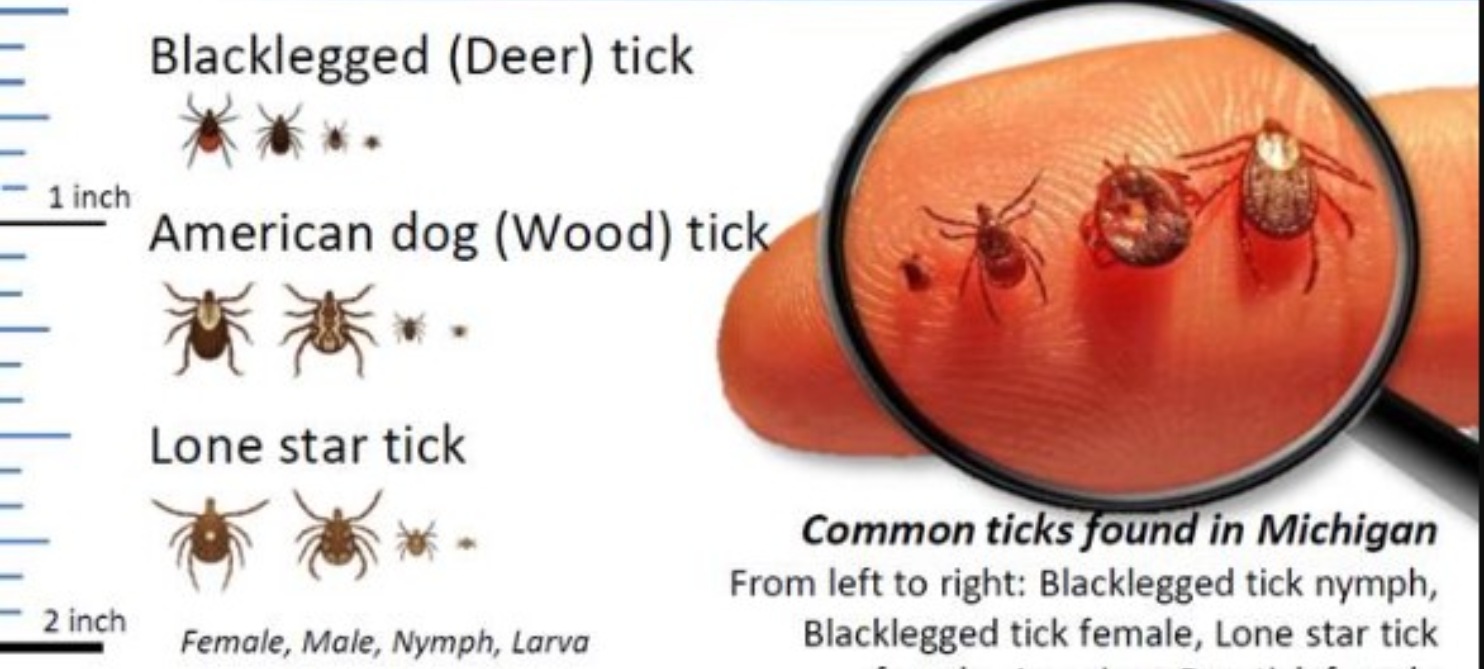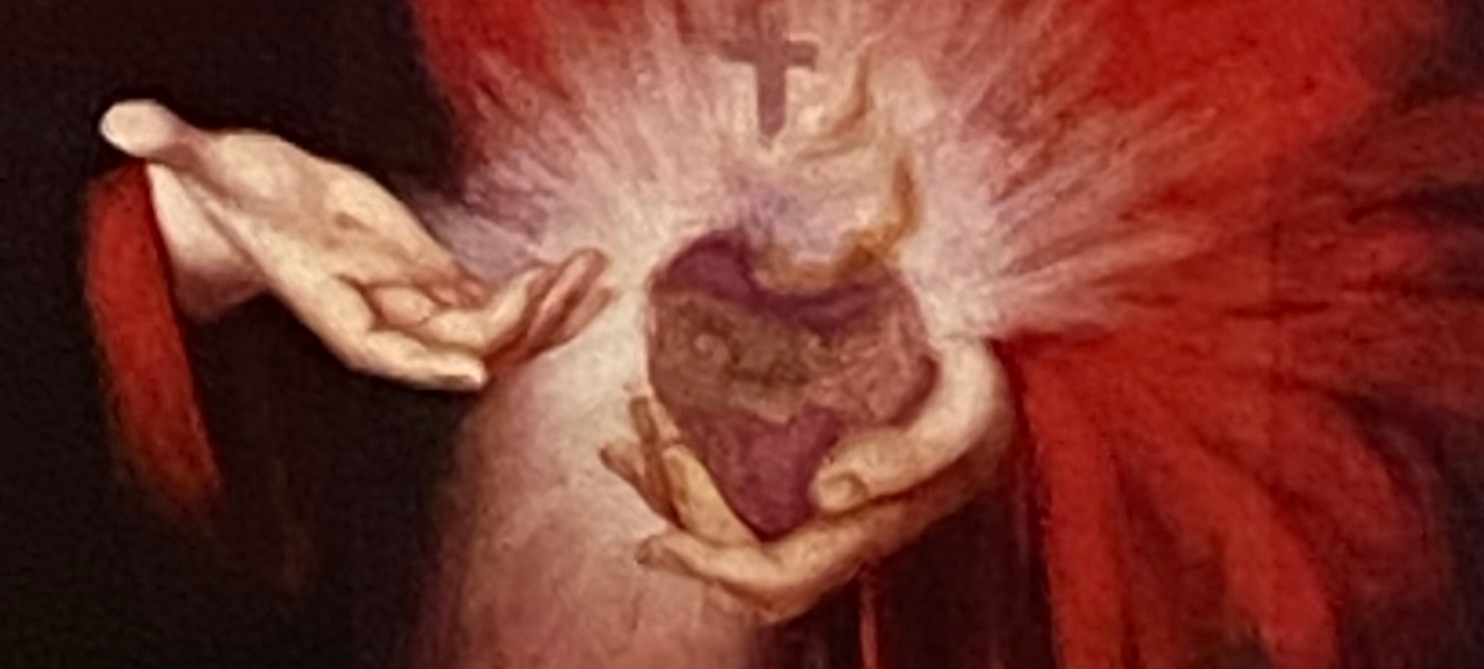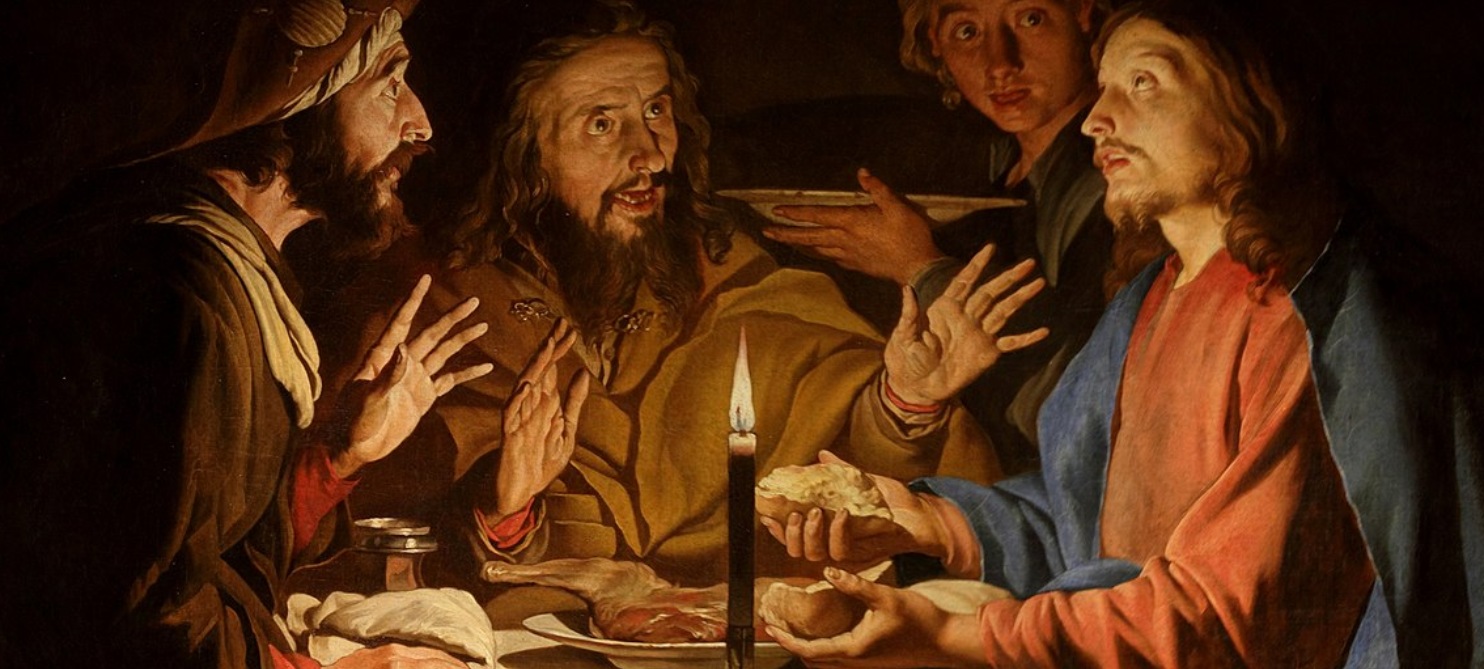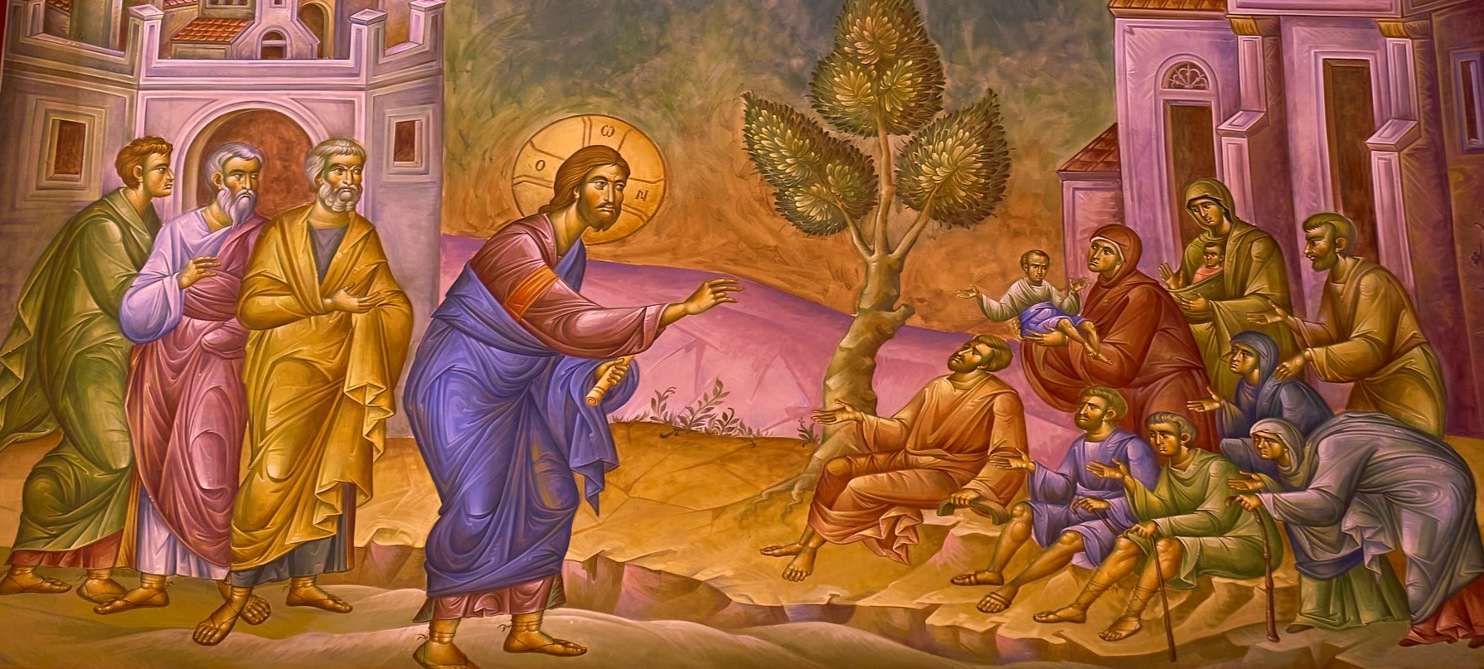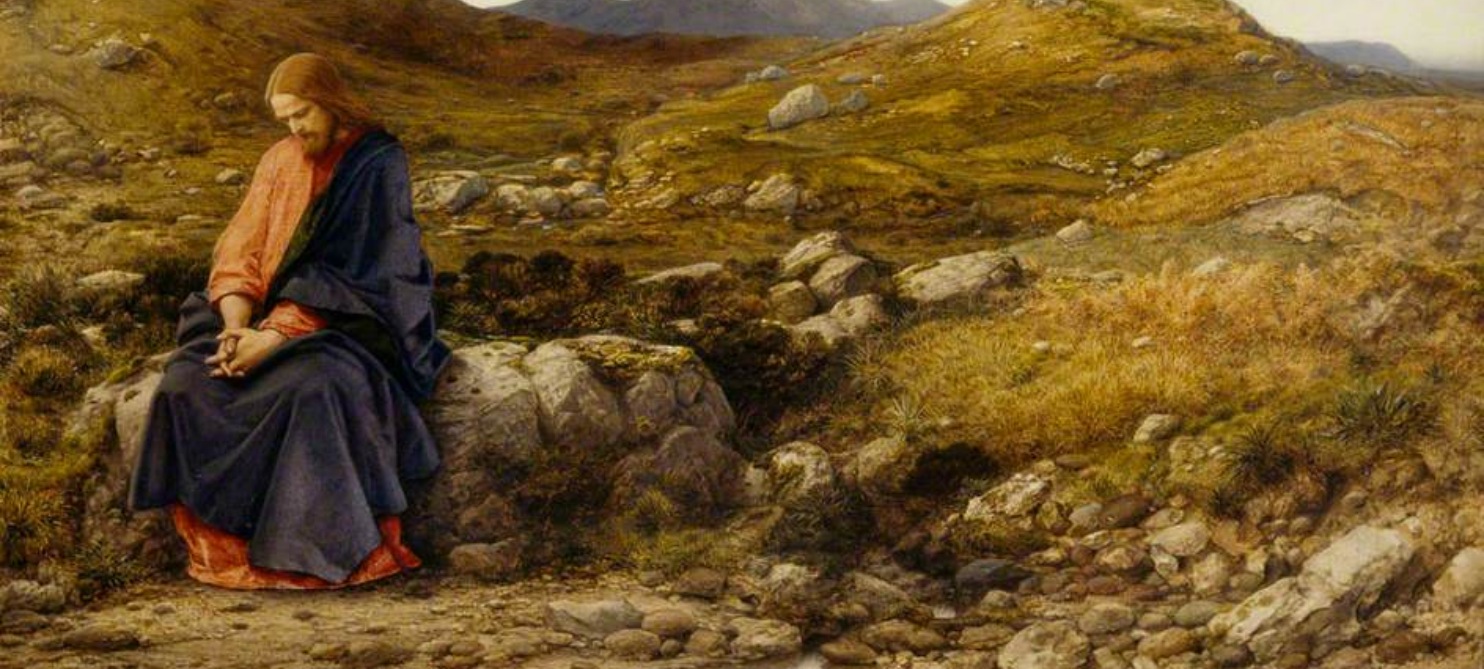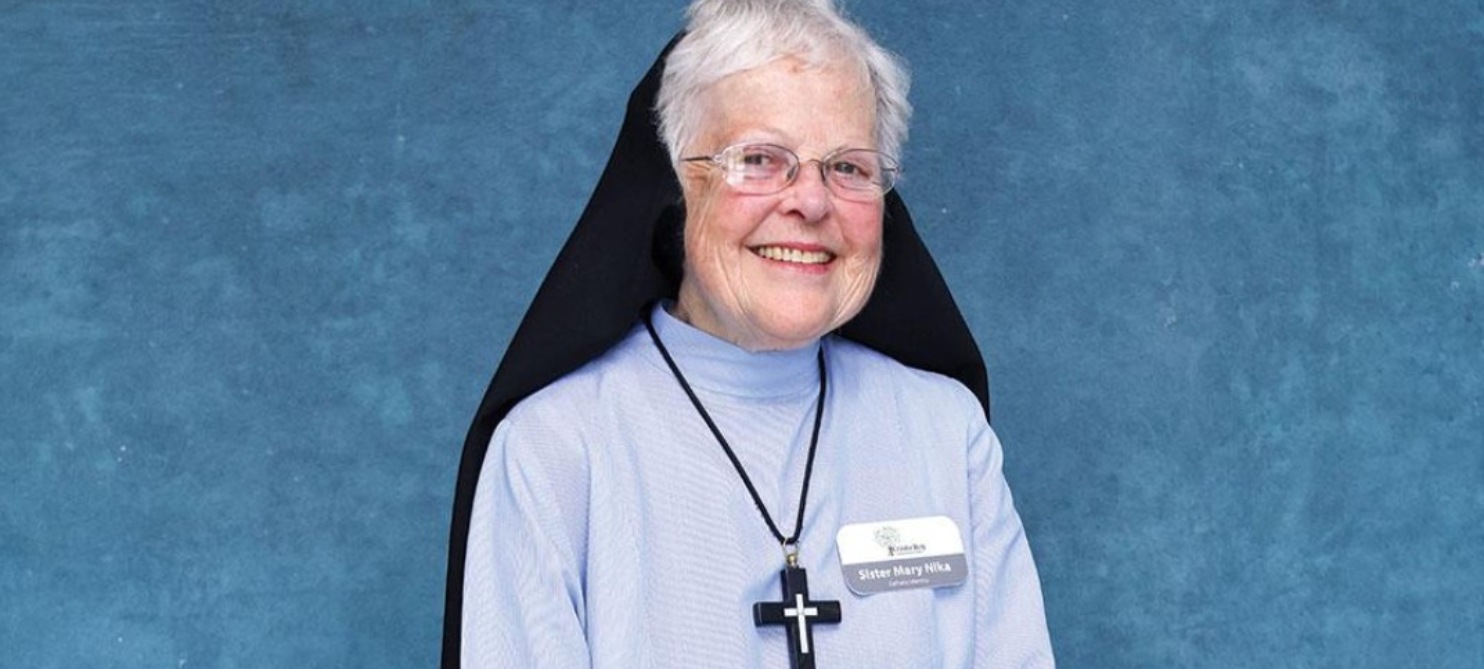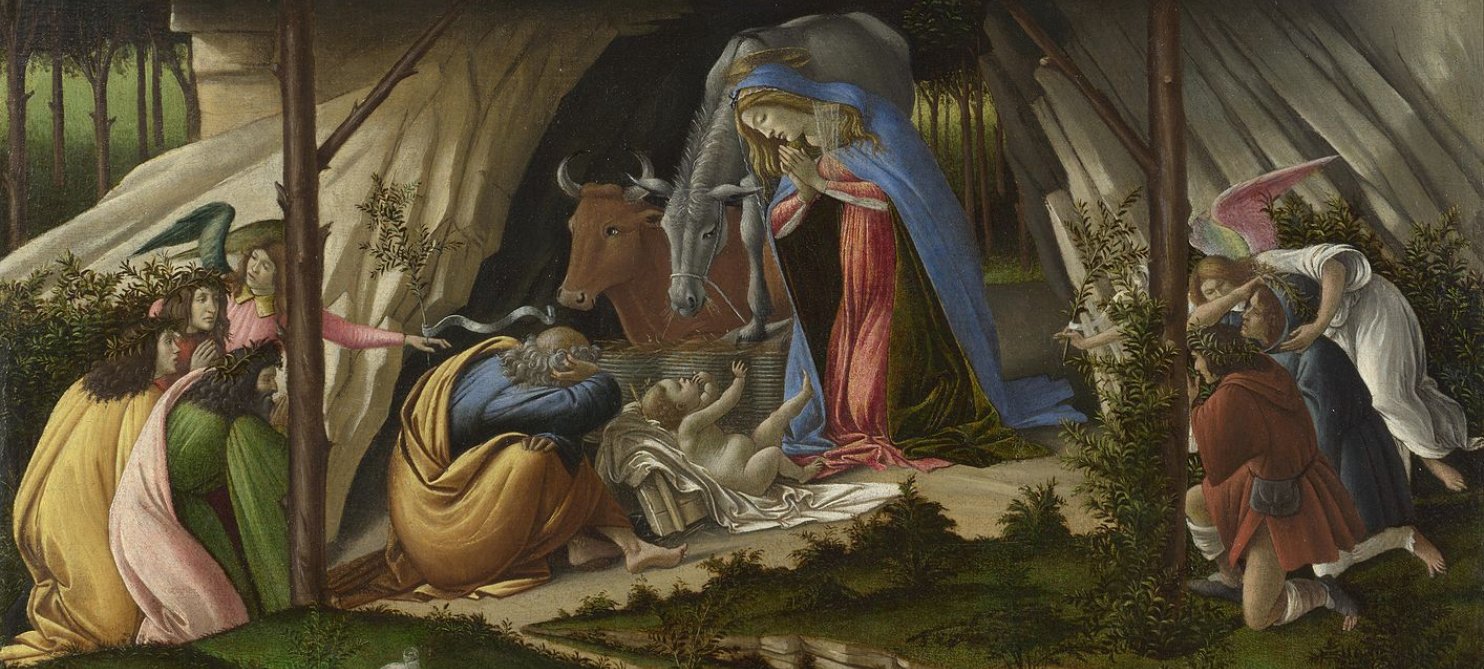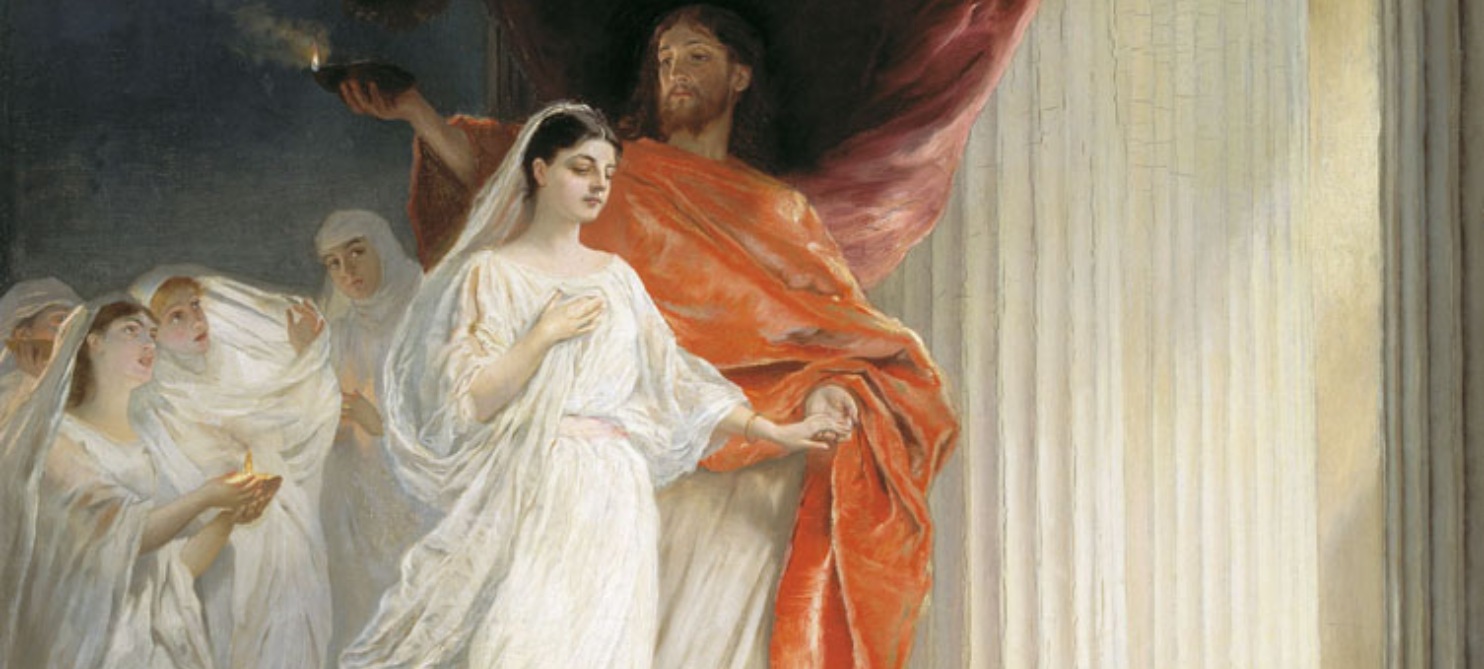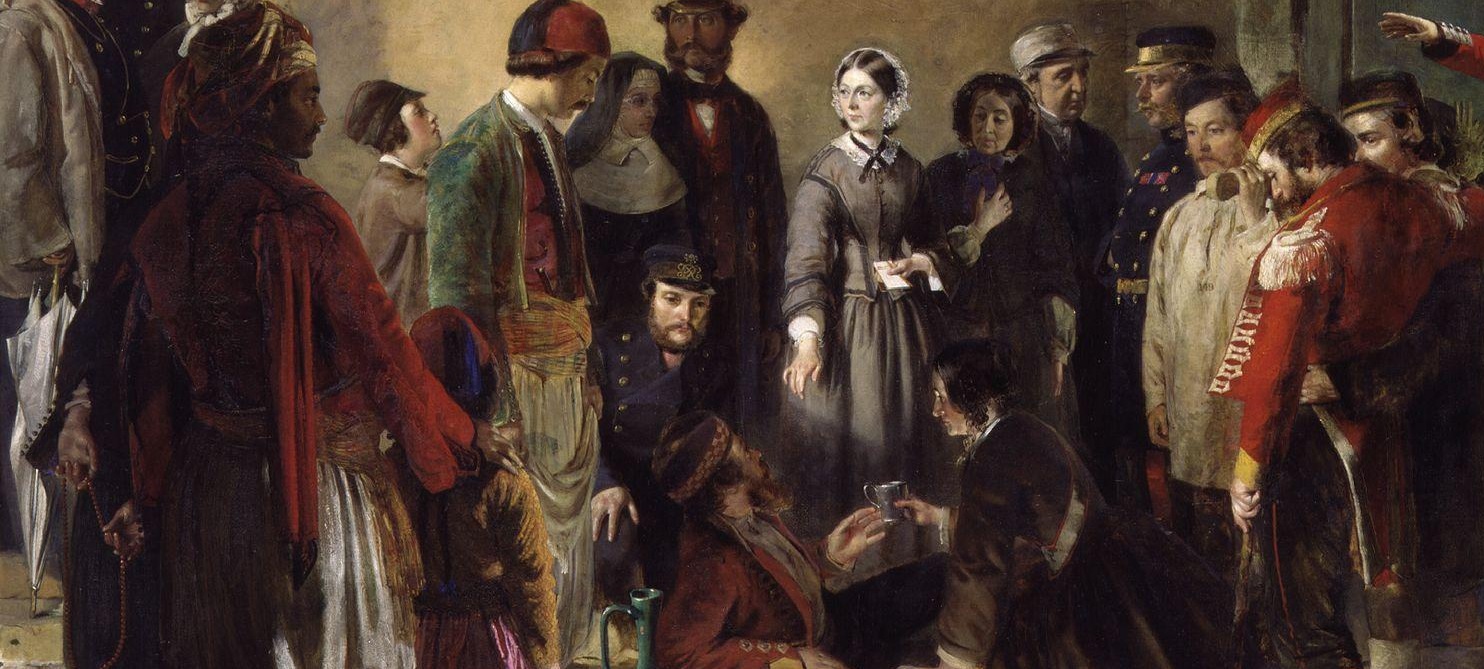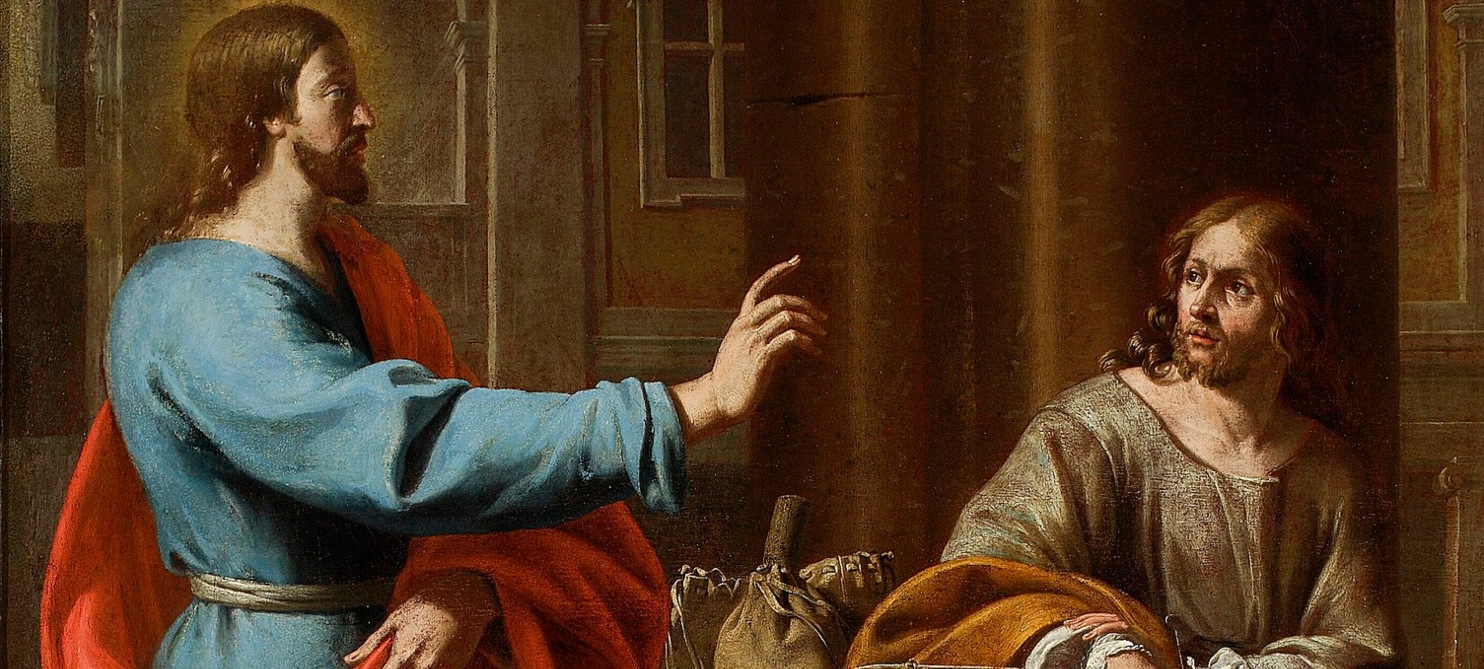The King’s Son given to redeem a slave.1 Consideration of the human person may rightly (and surprisingly!) begin with God. Man is a created being, endowed with a spiritual soul. From philosophy we know that the soul is the “form” of the body, but what does this mean? The soul contains the body; it is the living principle that both directs the formation of the body and determines its functions. The soul even “precedes” DNA, the very genetic building blocks of the body. And all of this is from God. The soul is spiritual and immaterial, meaning you can’t measure it empirically, but it has powers of intellect (knowing) and will (loving). Together, these are the seat of what it means to be a person. The soul has a nature, a human nature, that allows us to know what human beings can and should do. This human nature, however, after the fall from friendship with God, needs a Redeemer to give us the gift of salvation. God so loved the world that he sent his only Son to redeem humanity; this is a gift offered to each and to all because of love. Jesus shed his blood for each of us, to pay the price for our fall in order to ransom us from death in accordance with the will of the Father.
This Tremendous Lover
This is the price: the second Adam (Christ) giving his life to redeem, save, and sanctify the first Adam. As we read from Don Eugene Boylan, OSCO, in This Tremendous Lover:
“No human being ever suffered as our Lord suffered in that physical agony, and the physical agony was a mere drop in the ocean compared with the exquisite agony of His mind and heart. For the heart of the Crucified burned with a more intense love of God than the world has ever known, and the Son’s heart was torn by the offences that men offer to His heavenly Father. And in that same heart there was a fire of love for men, of love for each man and for every man; and the Lover’s heart was torn by the thought of the coldness of those whom He loved and the loss they were incurring by their refusal to love Him. […]
And we must remember that His love for men is not merely a love for humanity in general. God is in love with each human individual, personally and particularly. It is essential to remember that fact. Each of us can rightly regard the whole of our Lord’s heart and interest as centered on our own self, for our Lord would have undergone all His passion for any one of us, and each of us was present to His mind just as clearly and as significantly as if there were no one else to redeem. The heart of our Lord is the heart of a man who is God and who has all God’s infinity of knowledge and power and love. And yet it is a human heart with all the human heart’s longing to love and be loved…”2
The Second Adam
Saint Peter Chrysologus teaches us further about the idea of the “second Adam” and its meaning. The Word of God, the “second Adam”, is both the One through whom all things were made and the One who redeems man:
“The holy Apostle [Paul] has told us that the human race takes its origin from two men, Adam and Christ; two men equal in body but unequal in merit, wholly alike in their physical structure but totally unlike in the very origin of their being. The first man, Adam, he says, became a living soul, the last Adam a life-giving Spirit.
The first Adam was made by the last Adam, from whom he also received his soul, to give him life. The last Adam was formed by his own action; he did not have to wait for life to be given him by someone else, but was the only one who could give life to all. The first Adam was formed from valueless clay, the second Adam came forth from the precious womb of the Virgin. In the case of the first Adam, earth was changed into flesh; in the case of the second Adam, flesh was raised up to be God.
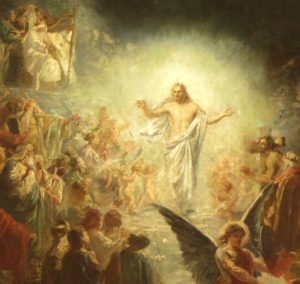 What more need be said? The second Adam stamped his image on the first Adam when he created him. That is why he took on himself the role, and the name, of the first Adam, in order that he might not lose what he had made in his own image. The first Adam, the last Adam; the first had a beginning, the last knows no end. The last Adam is indeed the first; as he himself says: I am the first and the last…
What more need be said? The second Adam stamped his image on the first Adam when he created him. That is why he took on himself the role, and the name, of the first Adam, in order that he might not lose what he had made in his own image. The first Adam, the last Adam; the first had a beginning, the last knows no end. The last Adam is indeed the first; as he himself says: I am the first and the last…
The man made from the earth is the pattern of those who belong to the earth; the man from heaven is the pattern of those who belong to heaven. How is it that these last, though they do not belong to heaven by birth, will yet belong to heaven, men who do not remain what they were by birth but persevere in being what they have become by rebirth? The reason is, brethren, that the heavenly Spirit, by the mysterious infusion of his light, gives fertility to the womb of the virginal font. The Spirit brings forth as men belonging to heaven those whose earthly ancestry brought them forth as men belonging to the earth, and in a condition of wretchedness; he gives them the likeness of their Creator. Now that we are reborn, refashioned in the image of our Creator, we must fulfill what the Apostle commands: So, as we have worn the likeness of the man of earth, let us also wear the likeness of the man of heaven.
Now that we are reborn, as I have said, in the likeness of our Lord, and have indeed been adopted by God as his children, let us put on the complete image of our Creator so as to be wholly like him, not in the glory that he alone possesses, but in innocence, simplicity, gentleness, patience, humility, mercy, harmony, those qualities in which he chose to become, and to be, one with us. 3
Read the entire selection from Saint Peter, Chrysologus | The Word, the Wisdom of God Was Made Flesh
See the entire text of This Tremendous Lover by Father Eugene Boylan, OCSO.
This Tremendous Lover
- Image Credit:
-
-
- Alsace, Bas-Rhin,
Église protestante de Notre Seigneur Jésus-Christ de Bischheim. https://commons.wikimedia.org/wiki/File:Bischheim_Temple37.JPG.
-
- “The Exsultet: The Proclamation of Easter,” USCCB (Excerpt from the English translation of the Roman Missal © 2010, International Commission on English in the Liturgy Corporation.), accessed October 31, 2020, https://www.usccb.org/prayer-and-worship/liturgical-year-and-calendar/easter/easter-proclamation-exsultet.
- Boylan, Eugene. This Tremendous Lover. Cork, Ireland: Mercier Press, 1947. https://www.ourladyoflourdes.info/app/download/6576616/Dom-Eugene-Boylan-This Tremendous-Lover.pdf; p. 22
- Saint Peter, Chrysologus. “The Word, the Wisdom of God Was Made Flesh .” Week 29 Saturday – Office of Readings. Accessed October 31, 2020. http://www.liturgies.net/Liturgies/Catholic/loh/week29saturdayor.htm. Second Lesson (Sermo 117: PL. 52, 520-521); Non-Biblical Readings from The Liturgy of the Hours © 1973, 1974, 1975, ICEL. Emphasis mine.
Originally Posted Nov 13, 2020
Edited and Re-posted for Holy Saturday 2021 | April 3, 2021
